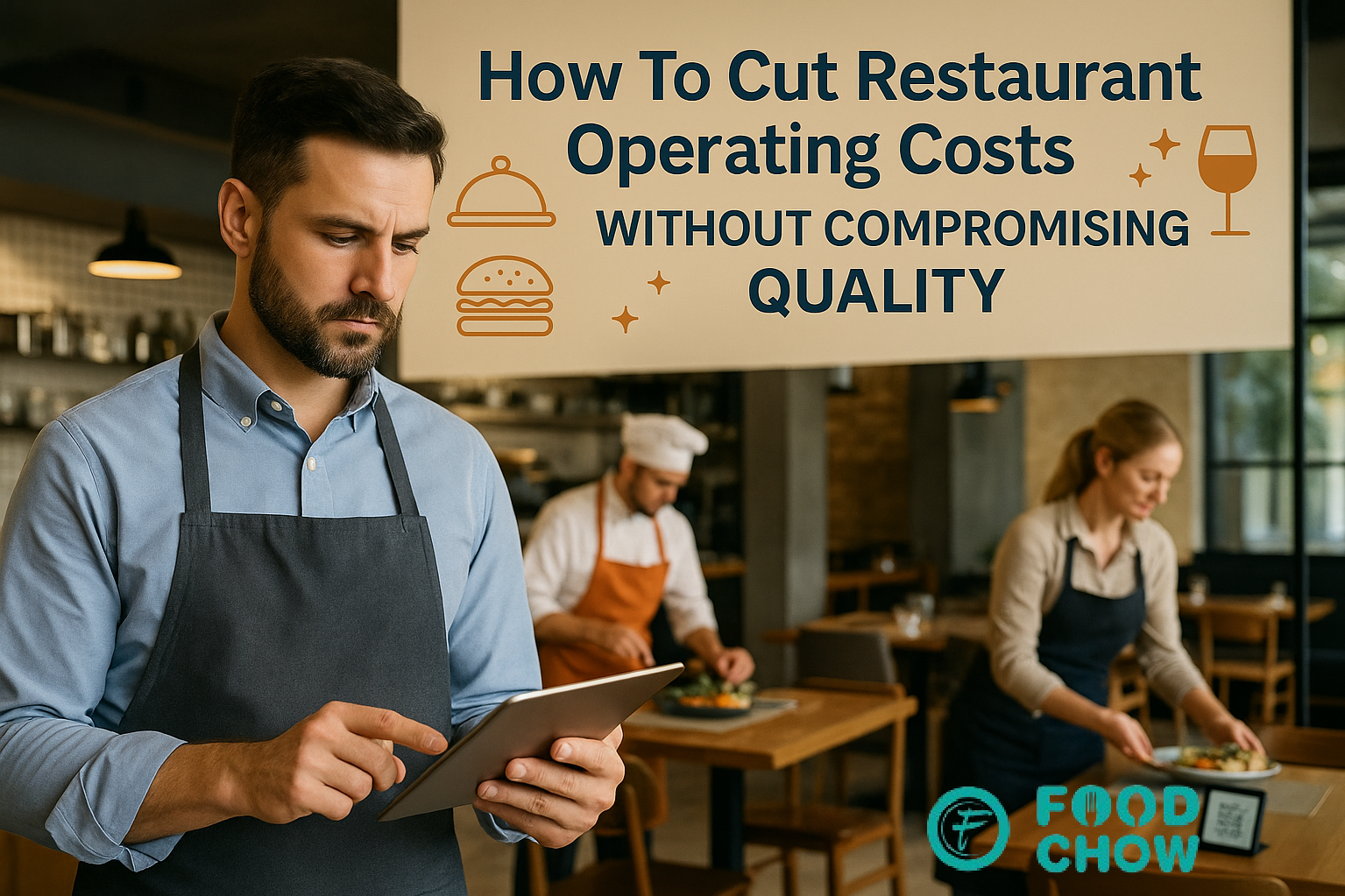Restaurant cost control guide
As a restaurant owner, you’re constantly walking the line between great service and cost efficiency. With inflation, staffing shortages, and rising supplier prices, it’s more important than ever to reduce your operating costs—without compromising quality.
At FoodChow, we help restaurants like yours achieve exactly that through affordable tech and streamlined systems. Here’s how to start reducing your expenses today.
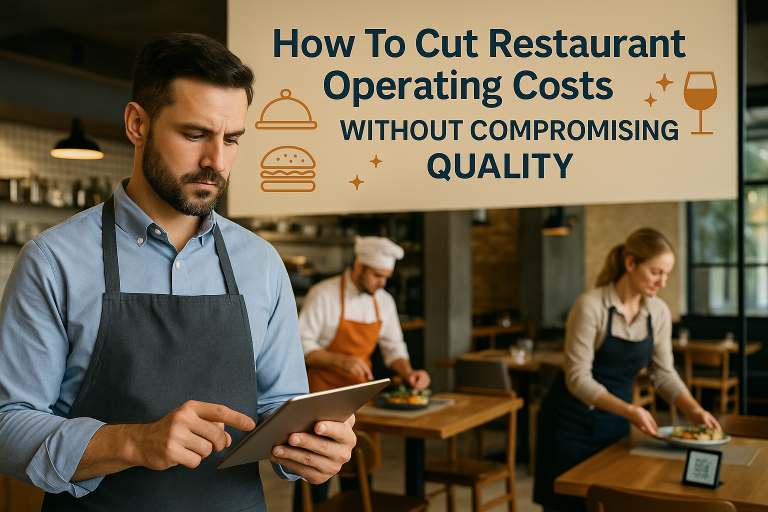

1. Conduct a Cost Audit
The first step to lowering restaurant operating costs is to know where your money goes. Categorize your expenses:
• Food and beverage costs
• Labor and staffing
• Utilities and maintenance
• Technology and POS subscriptions
• Marketing and delivery commissions
Once you pinpoint the problem areas, it’s easier to apply targeted solutions.
💡 Bonus: Use FoodChow’s built-in reporting tools to track sales, expenses, and performance metrics in real time.
2. Optimize Your Menu
Simplify your menu by removing low-performing dishes. Benefits include:
• Reduced ingredient inventory
• Faster prep times
• Less food waste
Use menu engineering to focus on high-margin items.
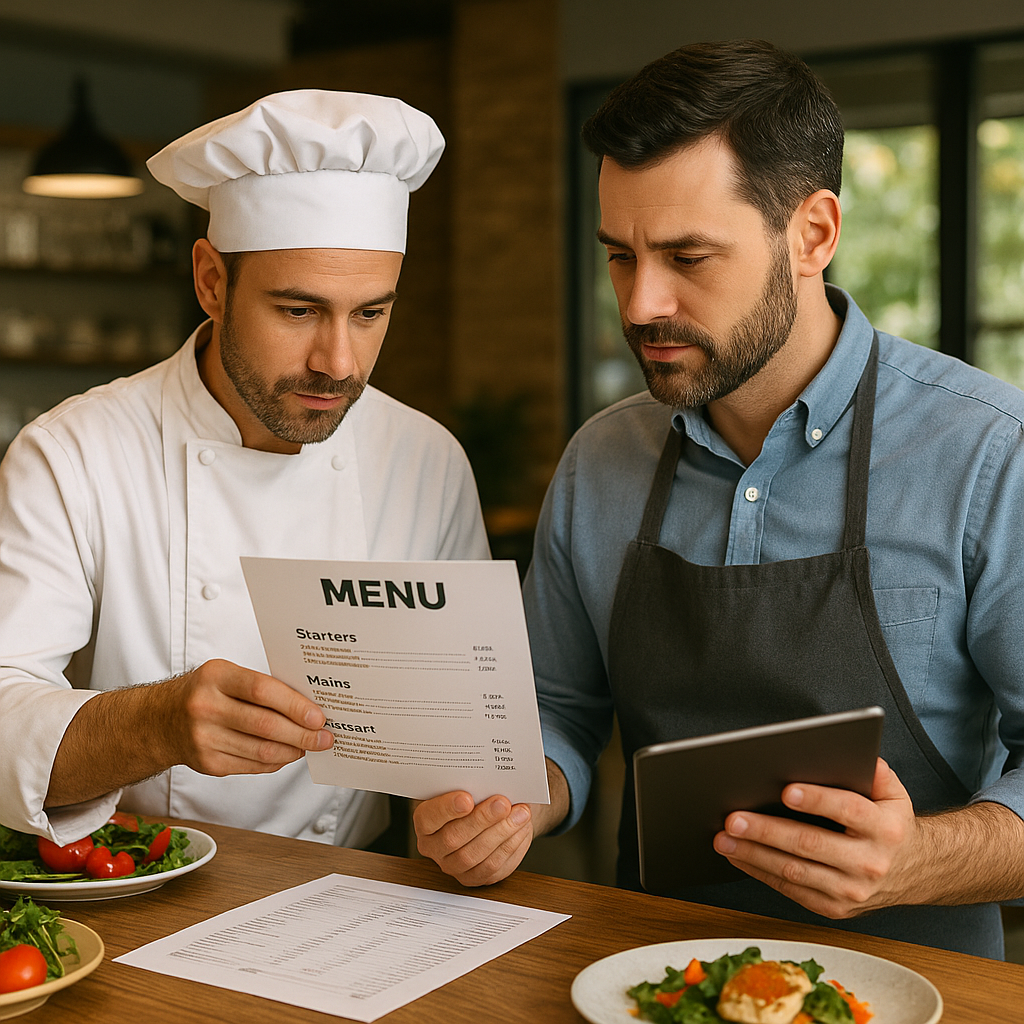
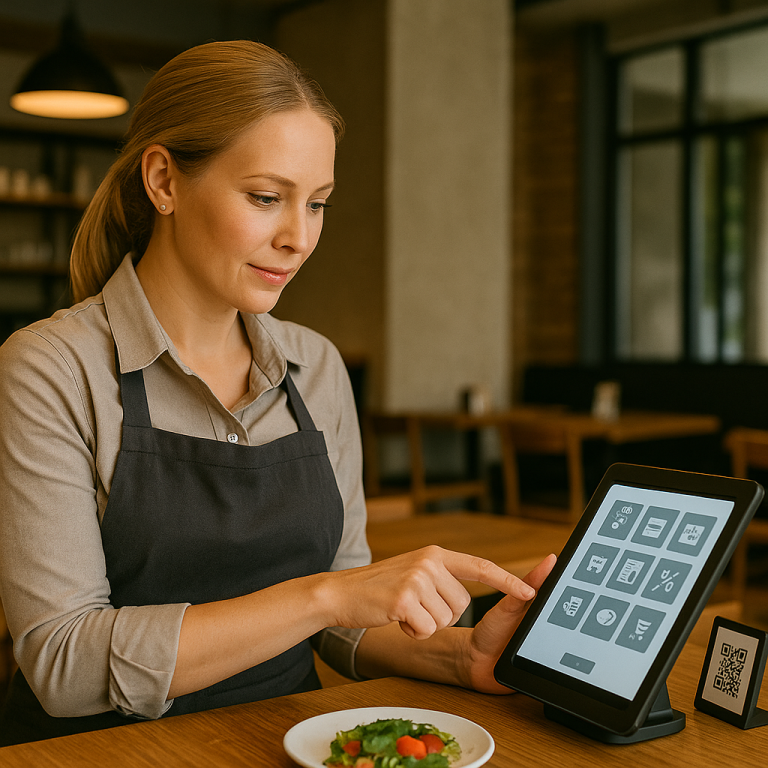
3. Embrace Technology
Invest in tools that reduce manual labor and increase accuracy:
• POS systems streamline order processing
• Inventory management tools reduce over-ordering
• Digital payment solutions speed up transactions
These investments save time ,cut labor costs, reduce human error, and provide a better customer experience.
💡 Bonus: ✅ Explore our digital restaurant solutions to start saving today.
4. Monitor Inventory Closely
Use the FIFO (First In, First Out) method and set par levels to avoid spoilage. Consider:
• Weekly stock checks
• Smart inventory software
• Training staff on waste prevention
💡 Bonus: FoodChow integrates with inventory solutions that help you automate reorders and alerts for low-stock items.
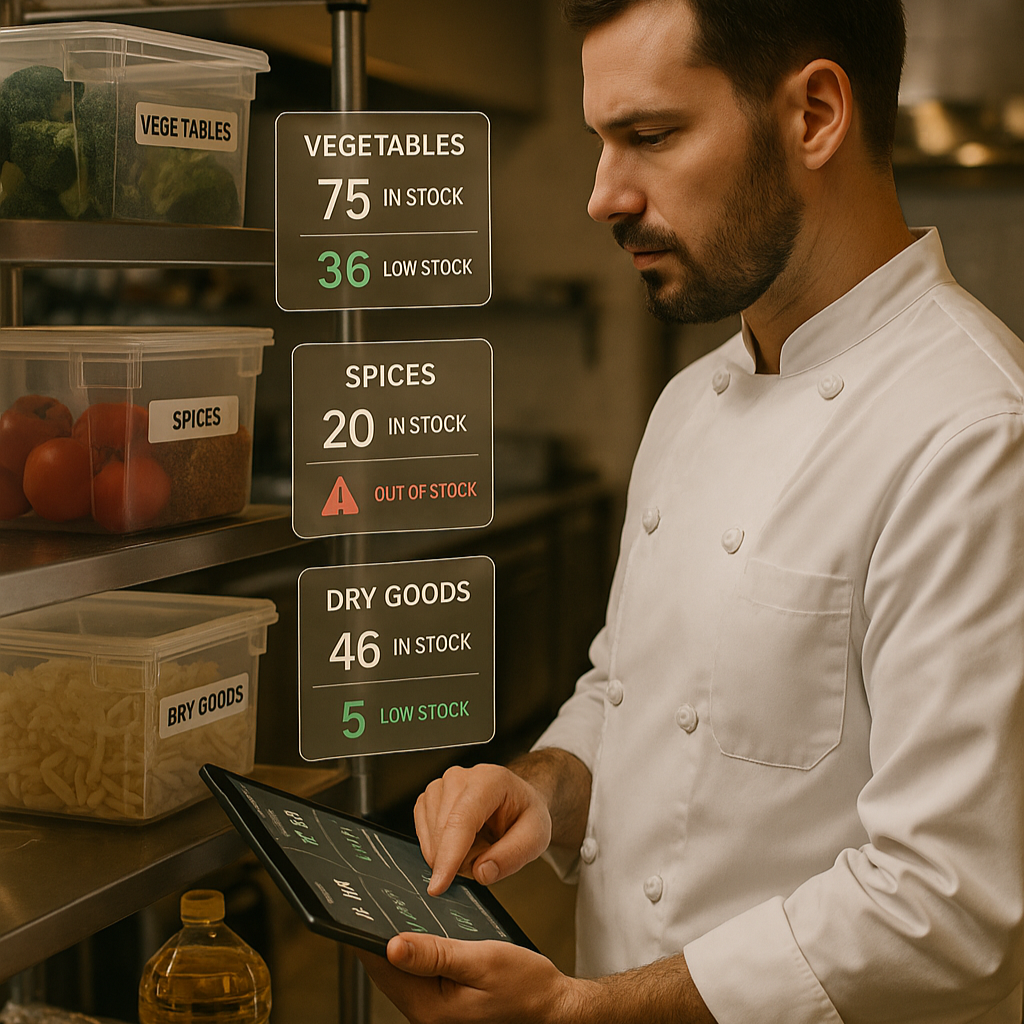
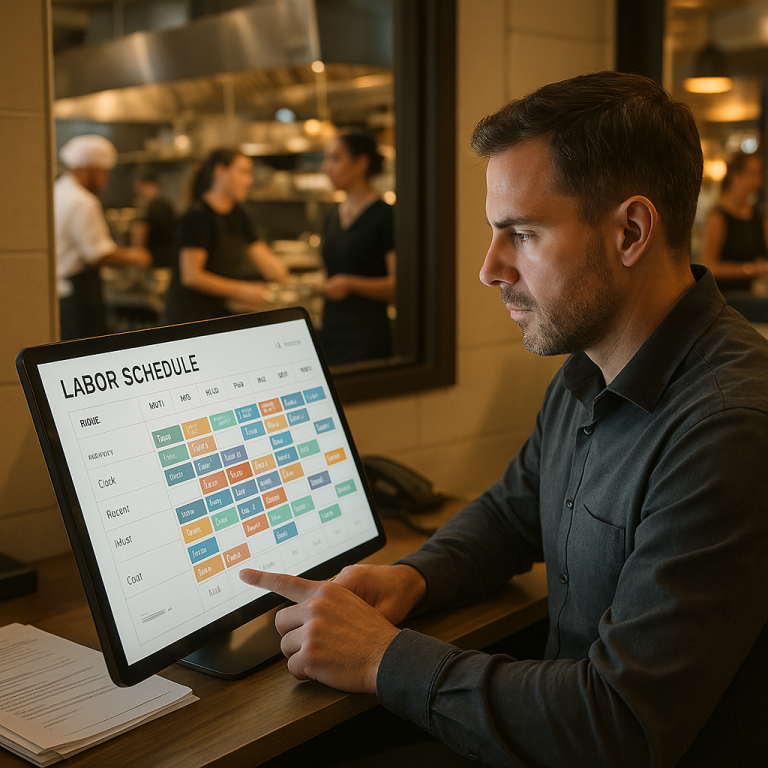
5. Rethink Labor Scheduling
Labor is one of the biggest costs. To reduce without hurting service:
• Use demand forecasting tools
• Cross-train staff for flexibility
• Use part-time shifts during slower hours
Avoid overstaffing without sacrificing the guest experience.
💡 Bonus: FoodChow’s analytics dashboard helps track peak times so you can optimize schedules accordingly.
6. Reduce Utility Bills
Energy-saving practices can have a big impact:
• Switch to LED lighting
• Use programmable thermostats
• Regularly maintain kitchen appliances
Saving on utilities adds up month over month.
💡 Bonus: FoodChow works well on tablets and mobile devices, reducing your need for bulky, power-hungry hardware.
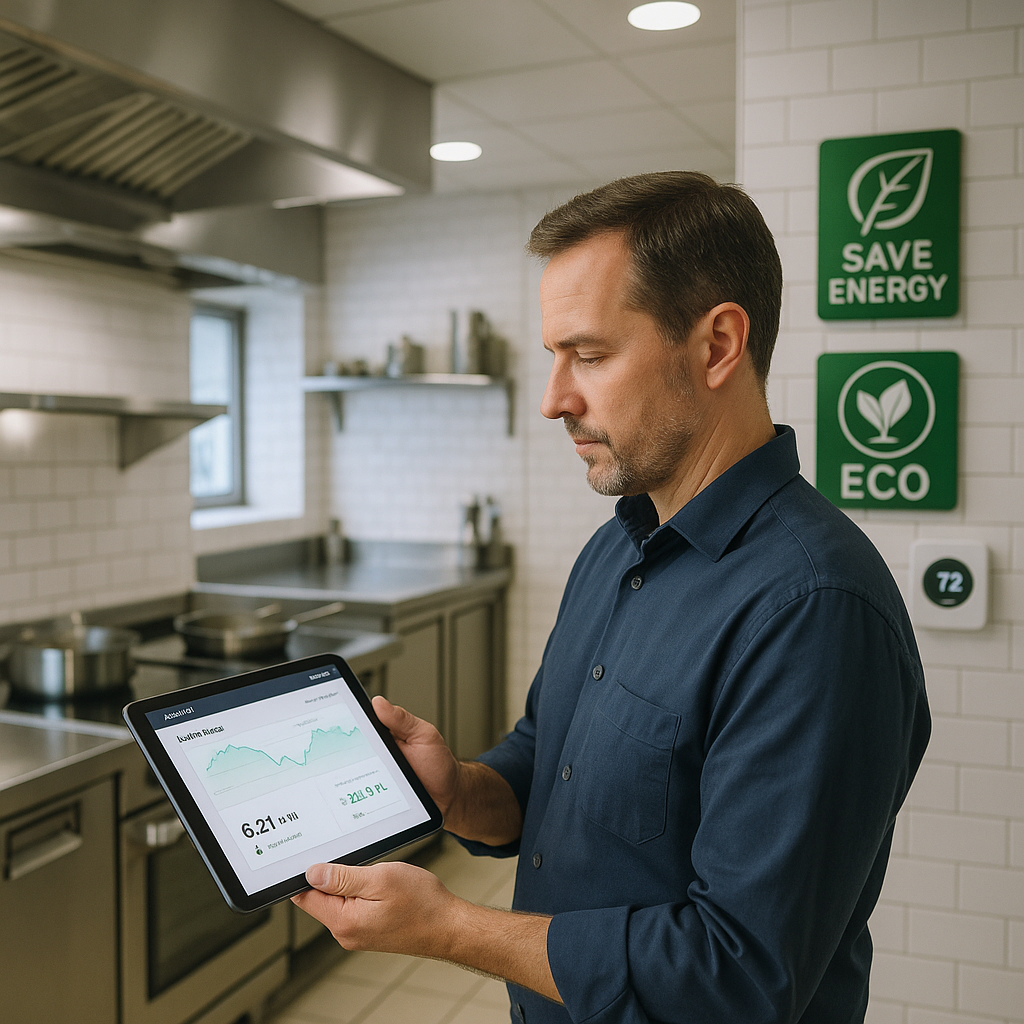

7. Negotiate With Vendors
Build relationships and compare supplier quotes regularly. Ask for:
• Volume discounts
• Seasonal promotions
• Flexible delivery schedules
Switch vendors if current deals aren’t competitive.
8. Go Paperless Where Possible
Reduce printing and paper-based processes. Use:
• Digital receipts
• Online scheduling and timesheets
• Cloud-based invoices
It’s eco-friendly and reduces recurring supply costs.

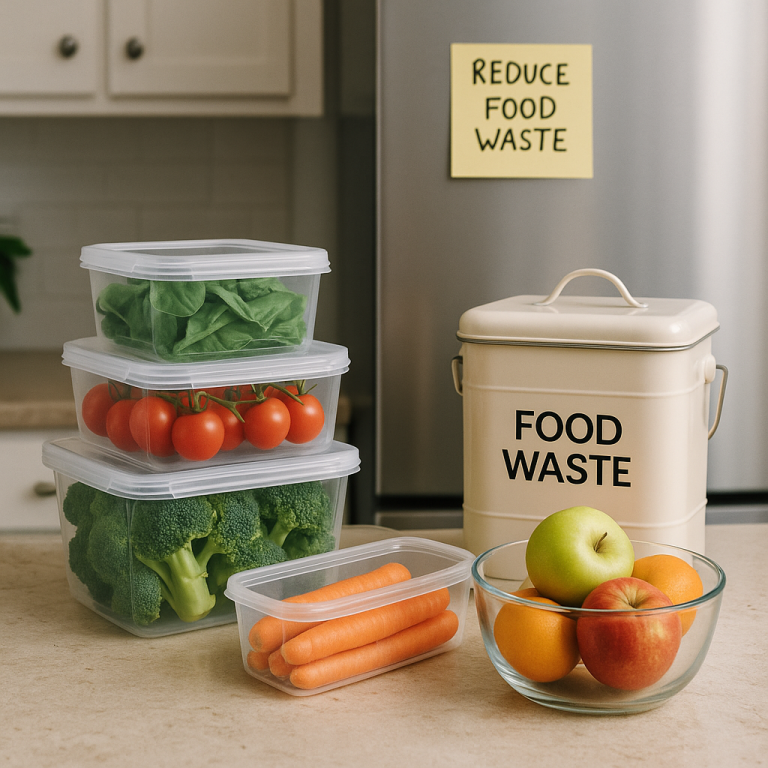
9. Reduce Food Waste
Train staff on portion control and repurpose excess ingredients. Strategies include:
• Daily specials with surplus items
• Composting and donation programs
Measuring plate waste trends
10. Collect Customer Feedback
Your customers can point out inefficiencies too. Use surveys to identify areas where cost-cutting won’t affect their experience.
• Use digital surveys
• QR code feedback
• Spot patterns

Final Thoughts
Controlling restaurant costs doesn’t have to mean compromising quality or cutting staff. It’s about working smarter, not harder. A mix of data, technology, and efficient operations is the key to thriving in the competitive restaurant industry.FoodChow gives you the tools to run lean and profitable without hurting customer experience.

